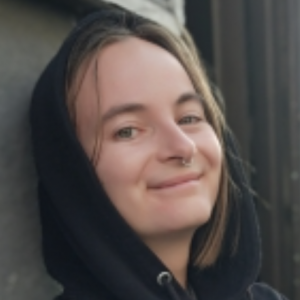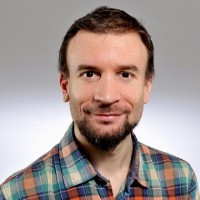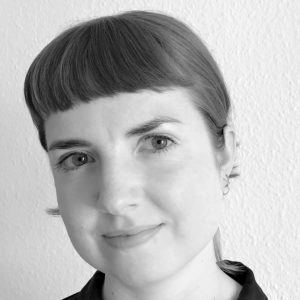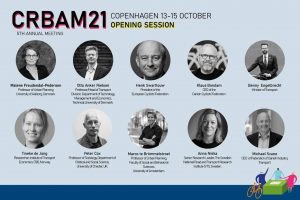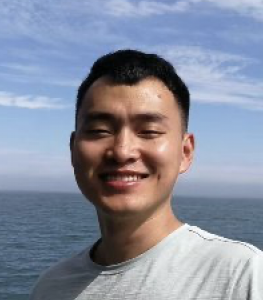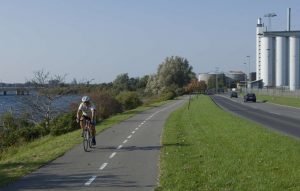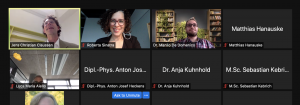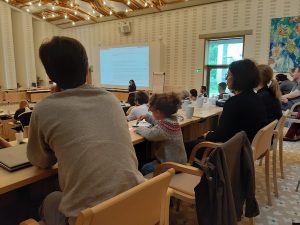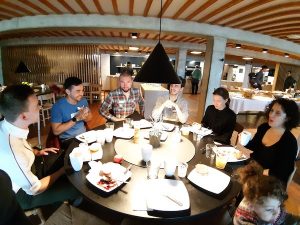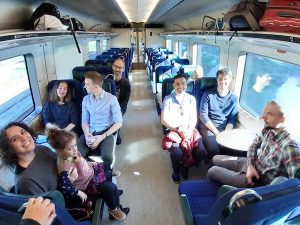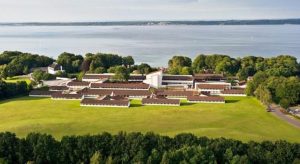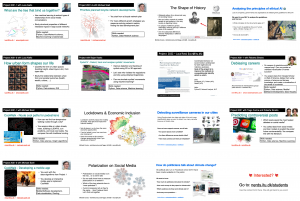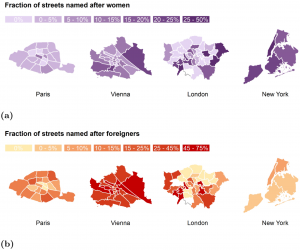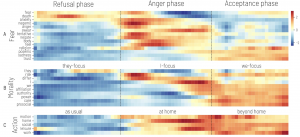We are delighted to welcome Sandro Sousa to our research group!
Sandro joins us as Postdoc coming from Queen Mary University of London. He recently completed his PhD in Complex Systems, on quantifying the heterogeneity of spatial systems through random walks on graphs with a particular interest on urban segregation.
Due to his Brazilian origins, before that he had worked on projects focusing on São Paulo, for example on social segregation, transport accessibility, or graph-based approaches to quantify topological changes in Sao Paulo’s public transport network at different spatial scales. Before his research career, he worked on IT consulting and data solutions for more than 7 years. Find more info about Sandro on his stylish webpage: https://sandrofsousa.github.io
He is hired through our recently won VILLUM project, at NERDS he will therefore be focusing on topics of Science of Science and success together with Roberta Sinatra, including algorithmic fairness in research.

